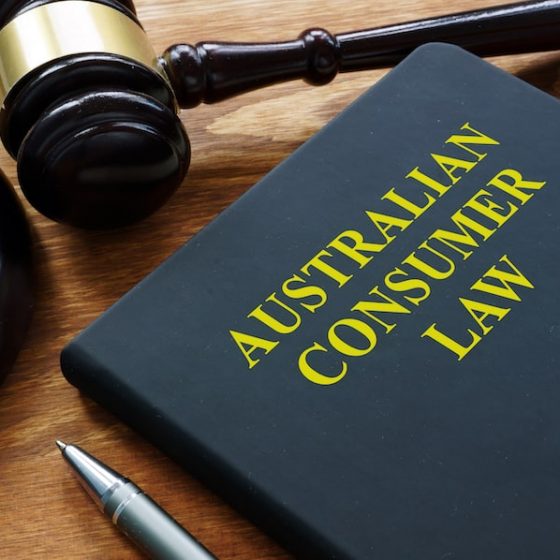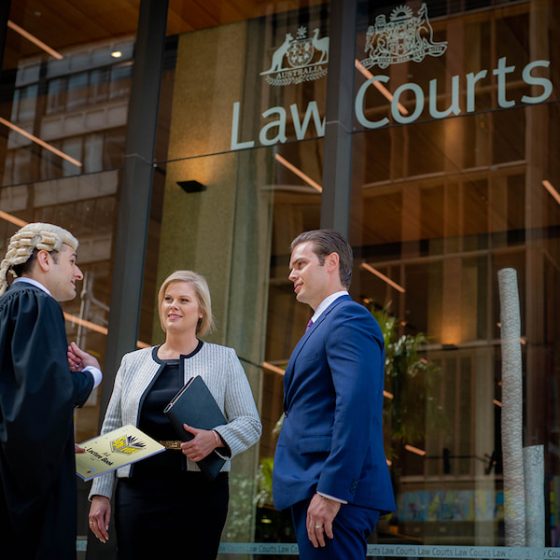Australia has become the defamation capital of the world and with the increasing use of social media and the willingness of people to publish public comments, the rate of cases being filed continues to increase.
Defamation occurs when a person, or in limited circumstances a company, suffers a loss of reputation by information being published or distributed which is harmful to them, in either a personal or professional capacity. A defamatory publication can take a variety of forms, including in writing and via spoken words. It is important to be aware that defamation may occur not just as a result of the actual words written or spoken, but also as a result of any harmful inferences that can be drawn from those words, whether those inferences were intended or not. This is where people often get themselves into trouble; they don’t realise that any implied meanings that can be drawn from their comments can amount to defamation under the Defamation Act 2005.
If someone has publicly damaged your reputation, or if you are being accused of having done this to someone else, I can help you. I have assisted numerous:
- business owners in having false Google reviews and Facebook reviews removed, which if left unaddressed can have a significant impact on business reputation;
- individuals to address defamatory conduct against them; and
- individuals to successfully defend allegations of defamation made against them, including to defeat the allegation prior to court proceedings being commenced.
There is a relatively short time limit within which any defamation claim must be commenced, but oftentimes court proceedings can be avoided by sending effective correspondence to the other party involved. This early correspondence can result in a public apology being made, or an undertaking to cease making further comments, together with an offer of financial compensation.


 I am an Accredited Specialist in Commercial Litigation. In the legal profession, an Accredited Specialist is a practising solicitor who has demonstrated specialised competence in a particular area of law and has been conferred Specialist Accreditation by the Law Society under its Specialist Accreditation Scheme. To gain status as an Accredited Specialist a solicitor must pass the Law Society’s rigorous assessments in communication, problem-solving, client relations and, of course, their specialist area of law.
I am an Accredited Specialist in Commercial Litigation. In the legal profession, an Accredited Specialist is a practising solicitor who has demonstrated specialised competence in a particular area of law and has been conferred Specialist Accreditation by the Law Society under its Specialist Accreditation Scheme. To gain status as an Accredited Specialist a solicitor must pass the Law Society’s rigorous assessments in communication, problem-solving, client relations and, of course, their specialist area of law.









